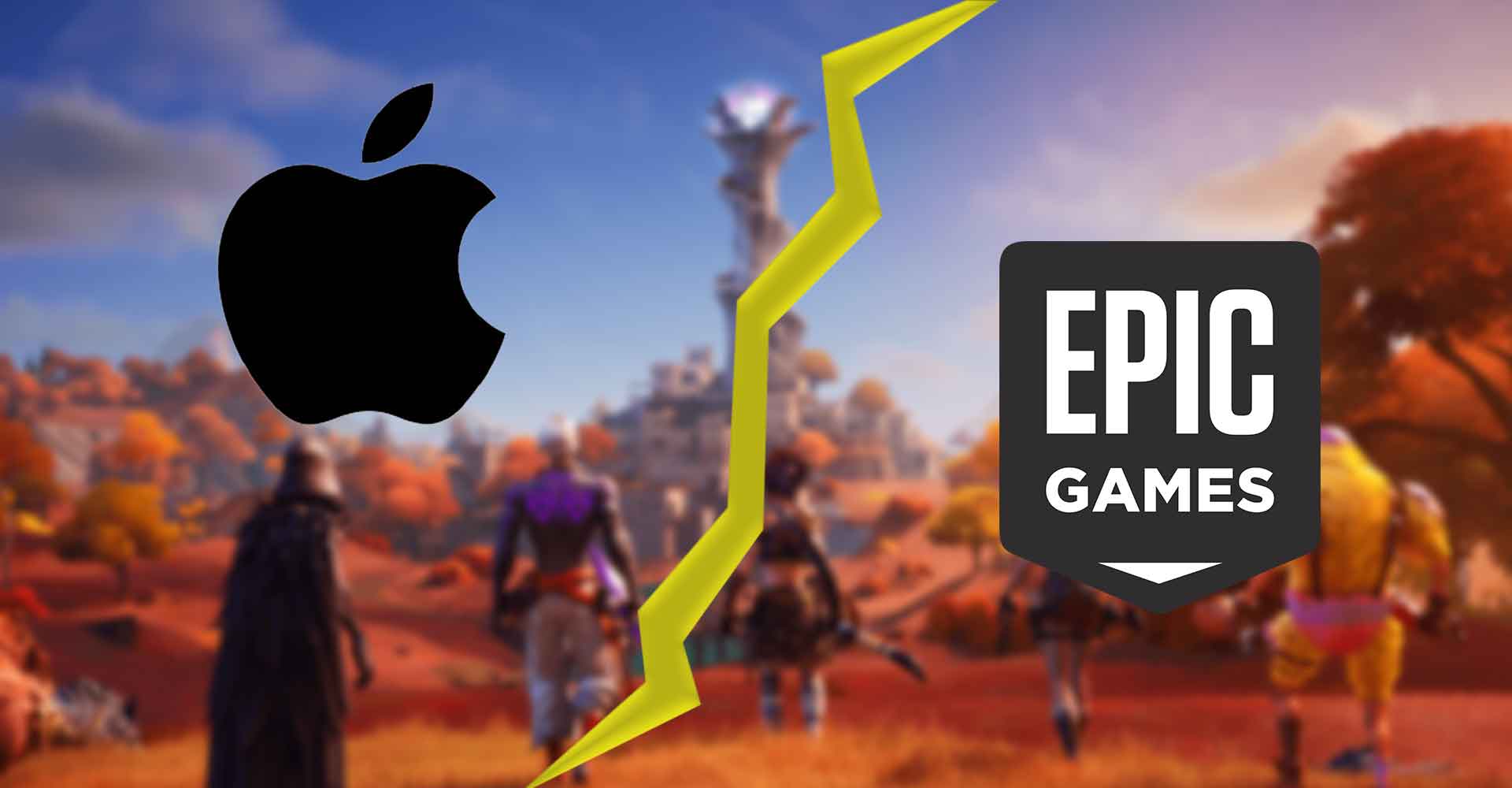
"The district court did not clearly err in finding that Epic suffered an injury for which monetary damages would be inadequate," the 9th Circuit wrote on Monday.Īpple has been forced to open up its in-app payment systems by competition authorities in other countries such as South Korea, the Netherlands and Japan.
APPLE VS EPIC GAMES UPDATE TRIAL
The appeals court said the trial court's order to Apple to change its behavior was appropriate because it would be too difficult to put a price on the damages the Apple's rule caused to Epic.

But unlike competition authorities in several countries, the trial court judge gave no instructions on the manner in which Apple must allow those links or buttons, leaving open the possibility of future legal battles over how the changes must be made. The trial court judge said Apple could no longer ban links and buttons to third-party payment options. While Epic lost at trial on most of its allegations that Apple violated antitrust laws, the trial judge did find that Apple violated California's unfair competition laws by barring developers from telling users about other ways to pay. While Epic is yet to comment, the company can also ask the Supreme Court to hear its appeal.In a statement, Epic conceded that it lost on its antitrust claims, but said the trial court order "frees iOS developers to send consumers to the web to do business with them directly there. includes an estimated 360 million from Epic Games' app Fortnite.170. Reuters notes that the 9th Circuit has rejected petitions from both Apple and Epic Games to revisit the judge’s decision. So while Apple wants to appear as the champion of our privacy. While Apple was forced to loosen some of the App Store rules, Judge Rogers also ruled that Apple wouldn’t be forced to allow Fortnite back into the App Store since Epic Games knew exactly what it was doing when it violated the guidelines.
APPLE VS EPIC GAMES UPDATE MAC
The iPhone and Mac manufacturer has issued a new court filing to the US. Epic then sued Apple, arguing that the company is a monopoly and has anti-competitive practices with the App Store guidelines.īut the case didn’t have a good outcome for either company. Apple has asked the Supreme Court to overturn a ruling made two years ago involving Fortnite parent company Epic Games.
APPLE VS EPIC GAMES UPDATE UPDATE
AppleĪpple banned Fortnite from the App Store in 2020 after Epic Games released an update that let players buy digital coins through an external method instead of using the App Store’s in-app purchases system. The petition says the company plans to raise “far-reaching and important” questions about the judges’ power. Such a ruling would significantly impact Apple’s profits, as the company currently charges a 30% commission on app sales and in-app purchases.Īpple lawyers claim that the 9th Circuit has gone too far in issuing a nationwide injunction against Apple.

While it’s still unclear whether Apple will succeed, the company aims to reverse the decision that will force it to allow developers to sell in-app content using third-party platforms, even when those apps are distributed through the App Store. In the filing, Apple asks the Supreme Court to hear its arguments and reconsider Judge Rogers’ ruling. Apple turns to the Supreme Court to save the App Store business modelĪs reported by Reuters, Apple has filed a new appeal in the case against Epic Games, this time to the United States Supreme Court. Supreme Court to reconsider the decision. The company tried to appeal the ruling with the judge but was denied. After a prolonged court battle between Epic Games and Apple following Fortnite’s removal from the App Store, Judge Yvonne Gonzalez Rogers ruled that Apple could no longer prohibit iOS developers from selling content in their apps using third-party payment platforms.


 0 kommentar(er)
0 kommentar(er)
